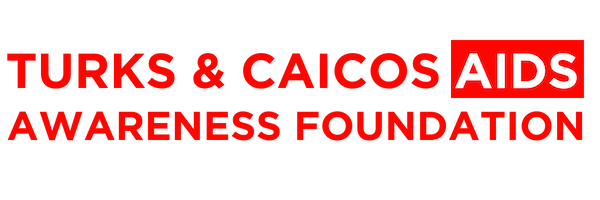What is HIV/AIDS?
HIV is the human immunodeficiency virus. HIV can hide for long periods of time in the cells of your body and attack key parts of your immune system- your T cells or CD4 cells. Your body has to have these cells to fight infections and disease, but HIV invades them, uses them to make more copies of itself, and then destroys them. Over time, HIV can destroy so many of your CD4 cells that your body can’t fight infections and diseases anymore. When that happens HIV can lead to AIDS.
AIDS is the final stage of HIV infection. People at this stage of HIV disease have badly damaged immune systems, which put them at risk for opportunistic infections (OI's). You will be diagnosed with AIDS if you have one or more OI, certain cancers or a very low number of CD4 cells.
How do you get HIV?
HIV can be transmitted through any one of the following fluids:
Blood
Semen
Pre-seminal fluid (pre-cum)
Breast milk
Vaginal fluids
Rectal (anal) mucous
HIV is transmitted through body fluids in very specific ways:
Sexual contact
Pregnancy, childbirth, breastfeeding
Injection drug use
Occupational exposure i.e. health care workers coming in contact with bodily fluids containing HIV
Blood transfusions
Organ transplants
How can I protect myself?
HIV can be spread by having unprotected sexual contact with an HIV-positive person. Some of the ways to reduce your risk of getting HIV through sexual contact include:
Don’t have sex. Sex is the main way that HIV is transmitted. If you aren’t having sexual contact, you are 100% protected from getting HIV in that way.
Be monogamous. Having only one sex partner reduces your risk of getting HIV.
Get tested and know your partner's status. Talking about your HIV status can be difficult or uncomfortable - but it's important to start the discussion BEFORE you have sex.
Use Pre-Exposure Prophylaxis (PrEP). PREP is a one-pill-a-day medical intervention that prevents transmission of the virus more than 90 percent of the time.
Use condoms consistently and correctly. Both male and female condoms will help protect you against HIV and other STIs.
The best protection for those who are sexually active is to use both PrEP and condoms simultaneously.
Recent studies have advised that persons who are HIV-positive but who are on Anti-Retroviral Therapy (ART) and have had an undetectable viral load for at least six months have "essentially no risk" of transmitting HIV to others. An undetectable viral load means that HIV cannot be detected in their blood through normal testing.
The TCAAF may be able to help you get a prescription for PrEP free or at reduced cost depending on your financial circumstances. If you have questions about PrEP or any other HIV related concerns, please contact us on 649-333-4752
TCAAF is here to help you
The Turks and Caicos AIDS Awareness Foundation is here to connect you with the essential HIV-related services you need.
For immediate care, please dial 911 or your local emergency service provider. For non-emergency assistance such as testing, counseling, education, treatment, etc., please call 649-333-4752 between 9 a.m. and 4 p.m. Monday through Friday.
